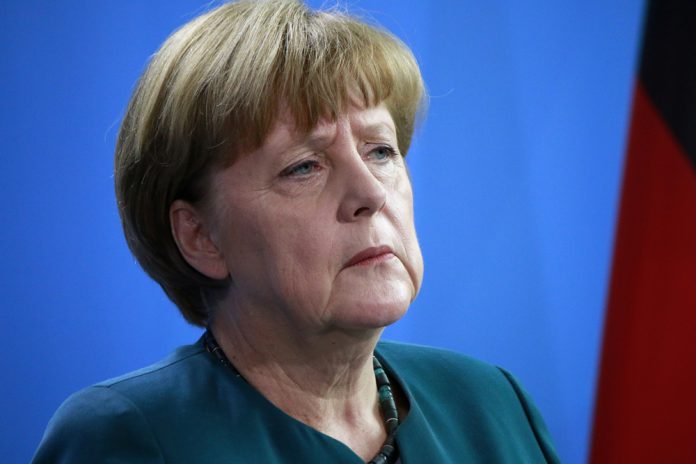Angela Merkel faces an upcoming week of tough coalition talks after Germany’s far-right party swept into the country’s politics for the first time in fifty years.
Alternative für Deutschland gained 13 percent of votes, whilst the centre-right Christian Democrat-led alliance faced its worst result in since 1949, taking 33 percent of the vote in Sunday’s election.
The rise of the AfD was not seen as surprising given the previous support for Brexit and Donald Trump in the last year.
Top AfD candidate, Alexander Gauland, reacted immediately to the news of their surge in votes. “This is a great day for our party political history. We are entering the Bundestag for the first time and we will change this country.”
“This is a great day for our party political history. We are entering the Bundestag for the first time and we will change this country,” he told party members.
The centre-left Social Democrats also suffered their worst result since the war, with 21 percent.
Merkel will need to spend the next week convincing the FDP and the Green party to ally with her centre-right alliance. This will not be easy given the parties dislike for each other and concerns of losing trust from voters.
The leader of the Social Democrats, Martin Schulz, said his party had no choice but to go into opposition after the drop in votes.
“We have understood our task — to be a strong opposition in this country and to defend democracy against those who question it and attack it,” he told party members.
Green party frontrunner Katrin Göring-Eckardt told party members that coalition discussions would not be easy and that “for that we will need to stand together. We showed we can fight together and now we can also take responsibility together,”
On Sunday evening Merkel hoped to rule out a minority government, saying she wanted to “achieve a stable government in Germany”.
Coalition talks will also be delayed by the campaigning in Lower Saxony, in northern Germany.

